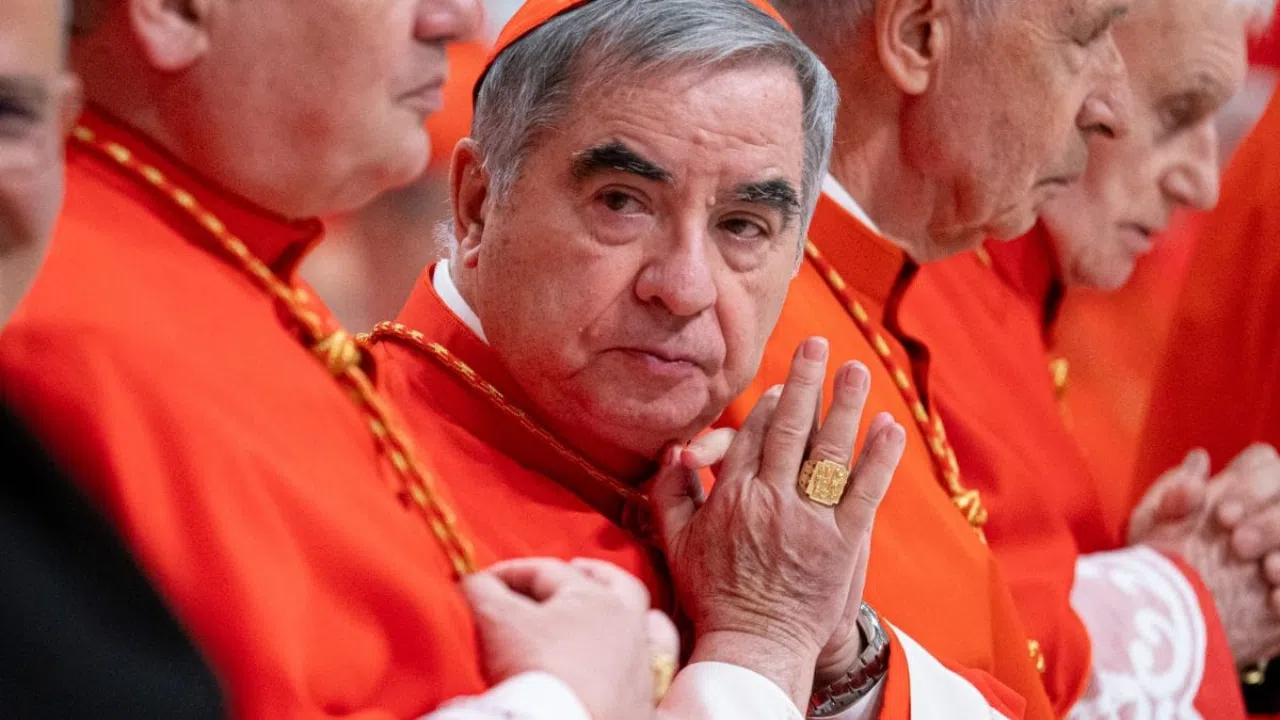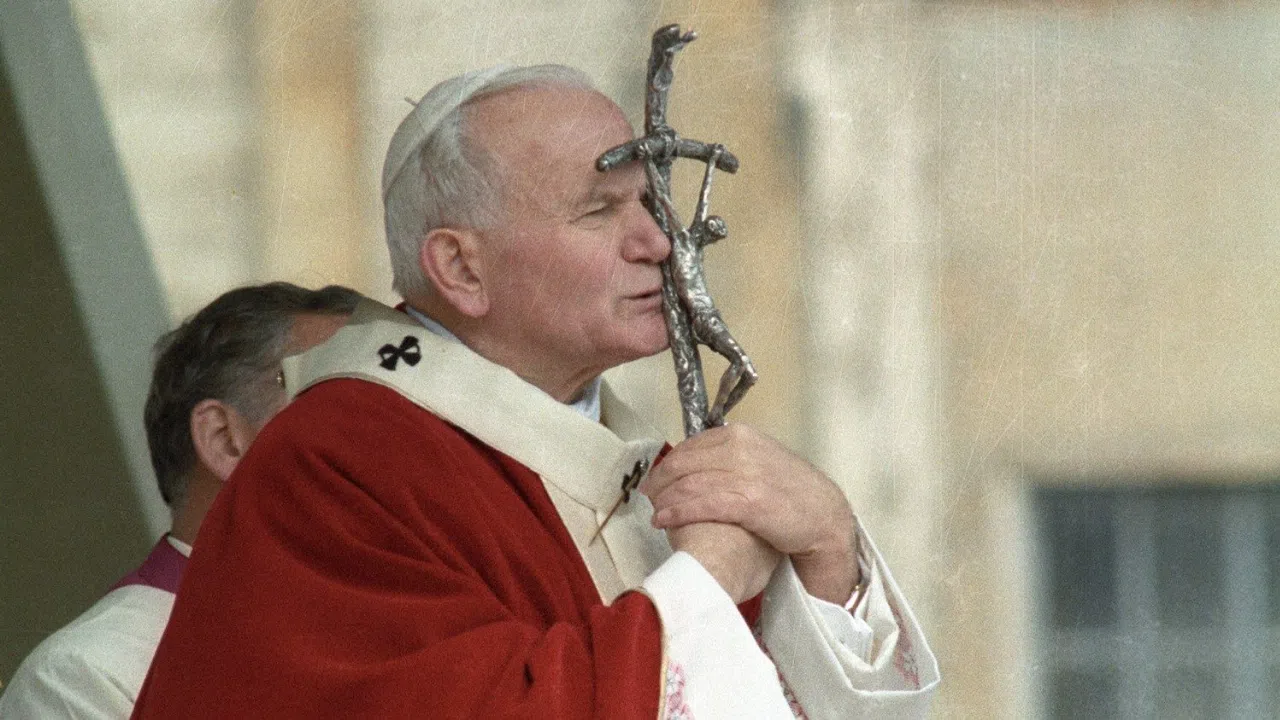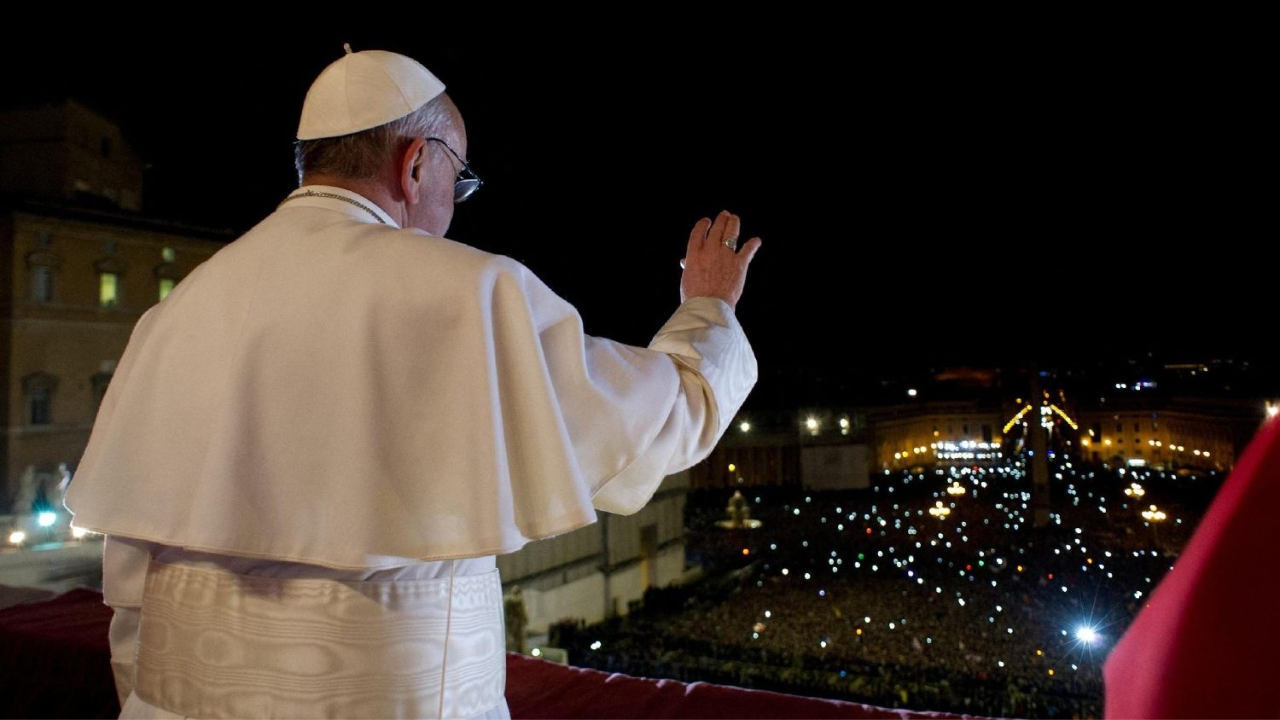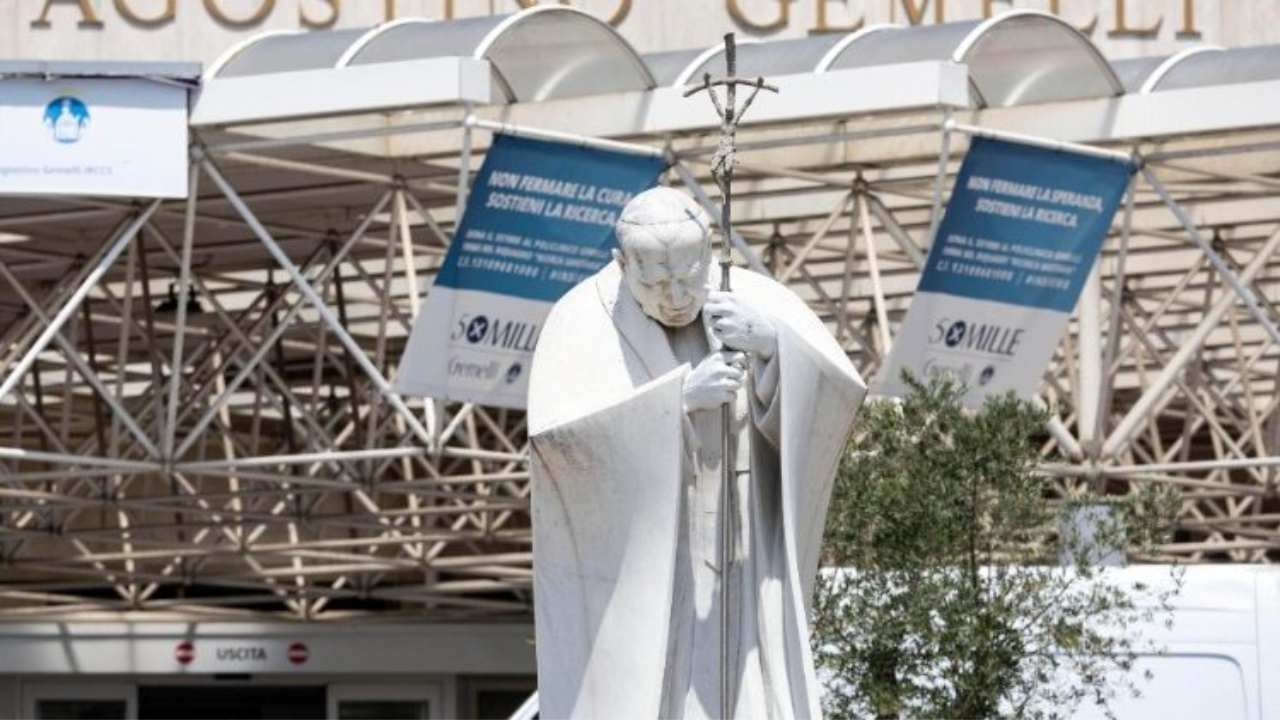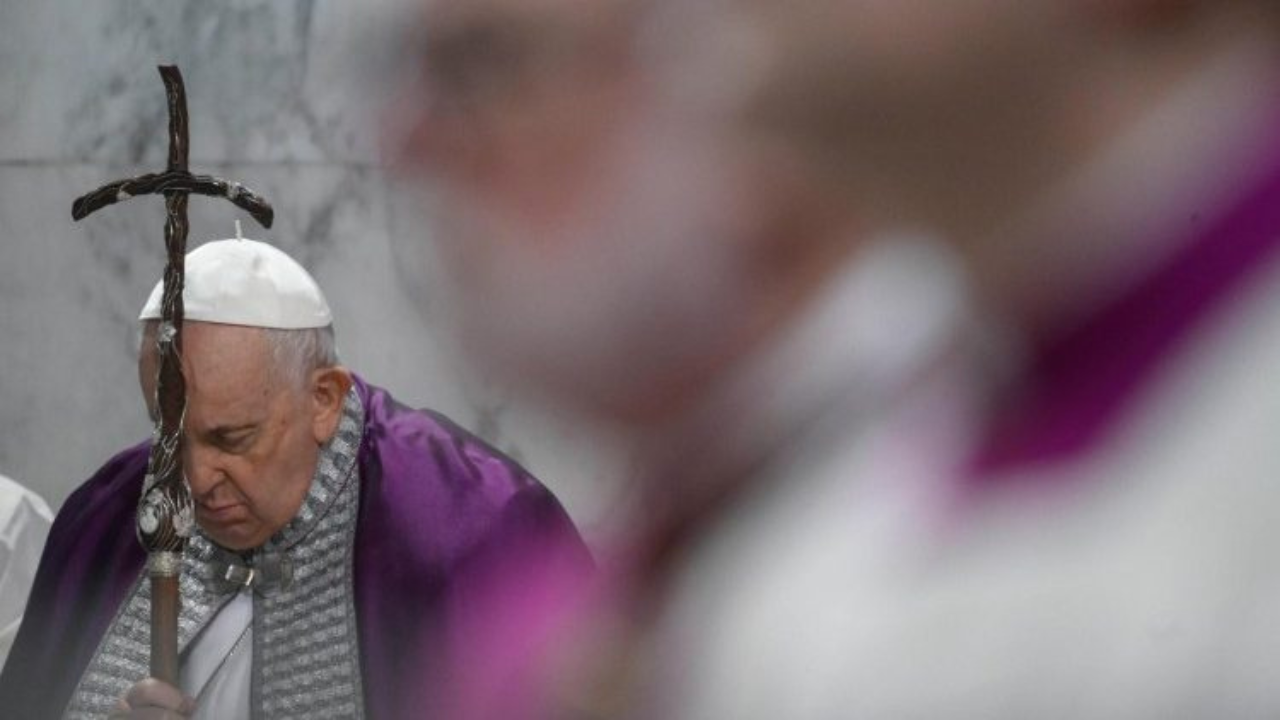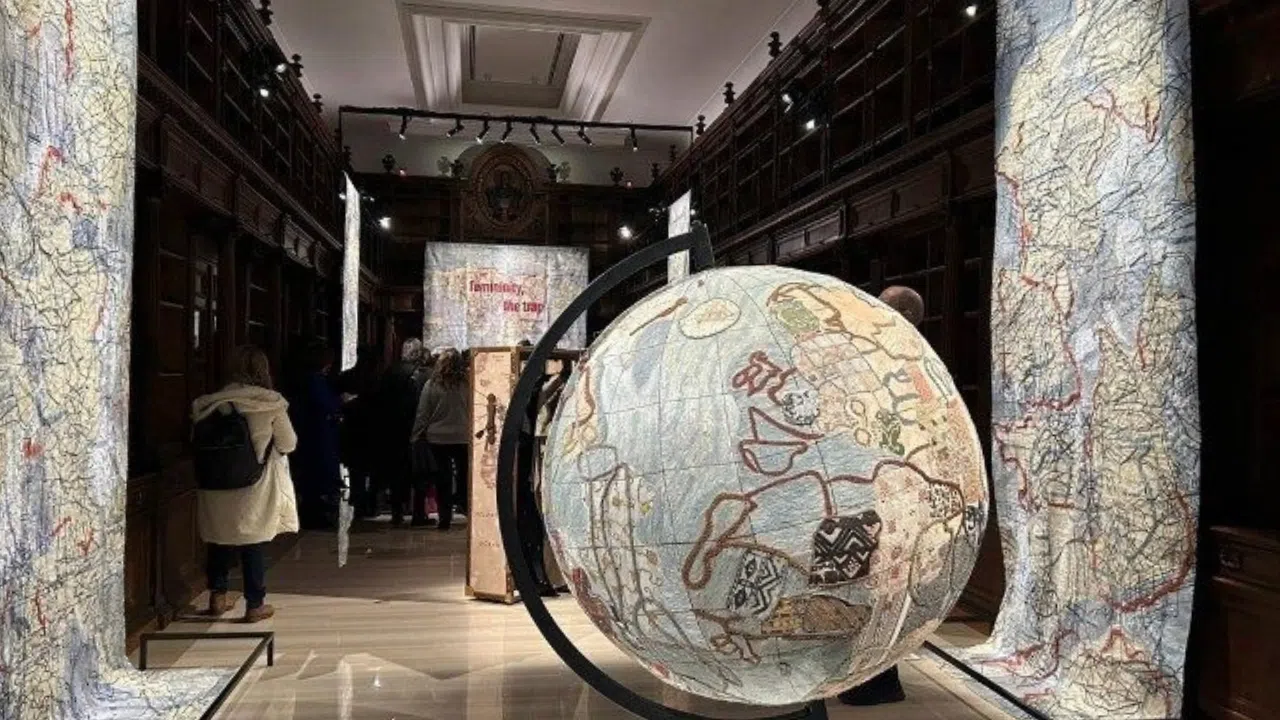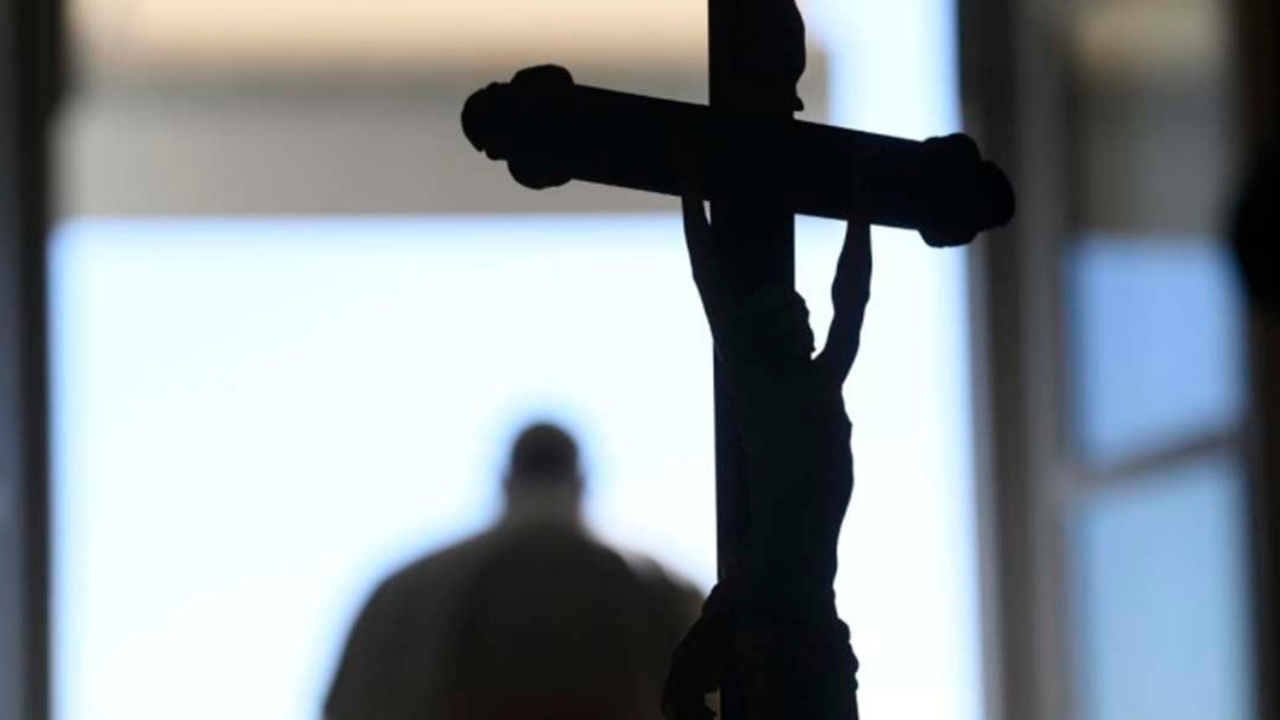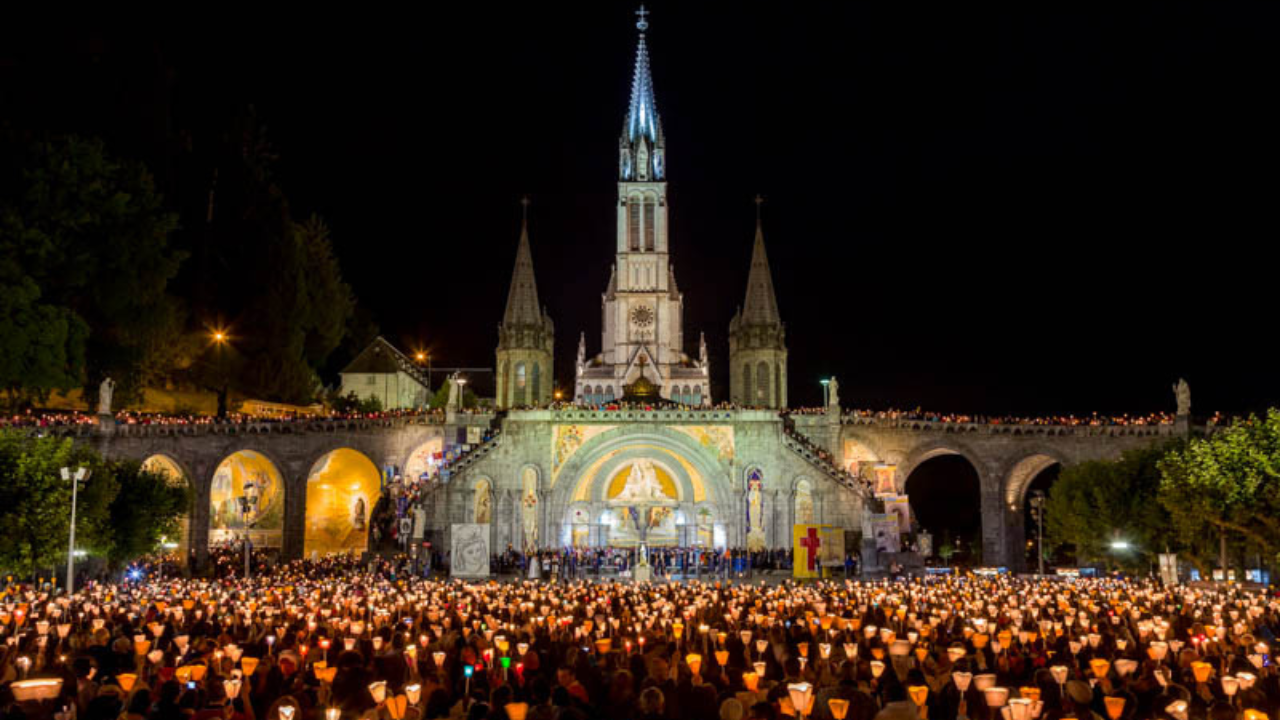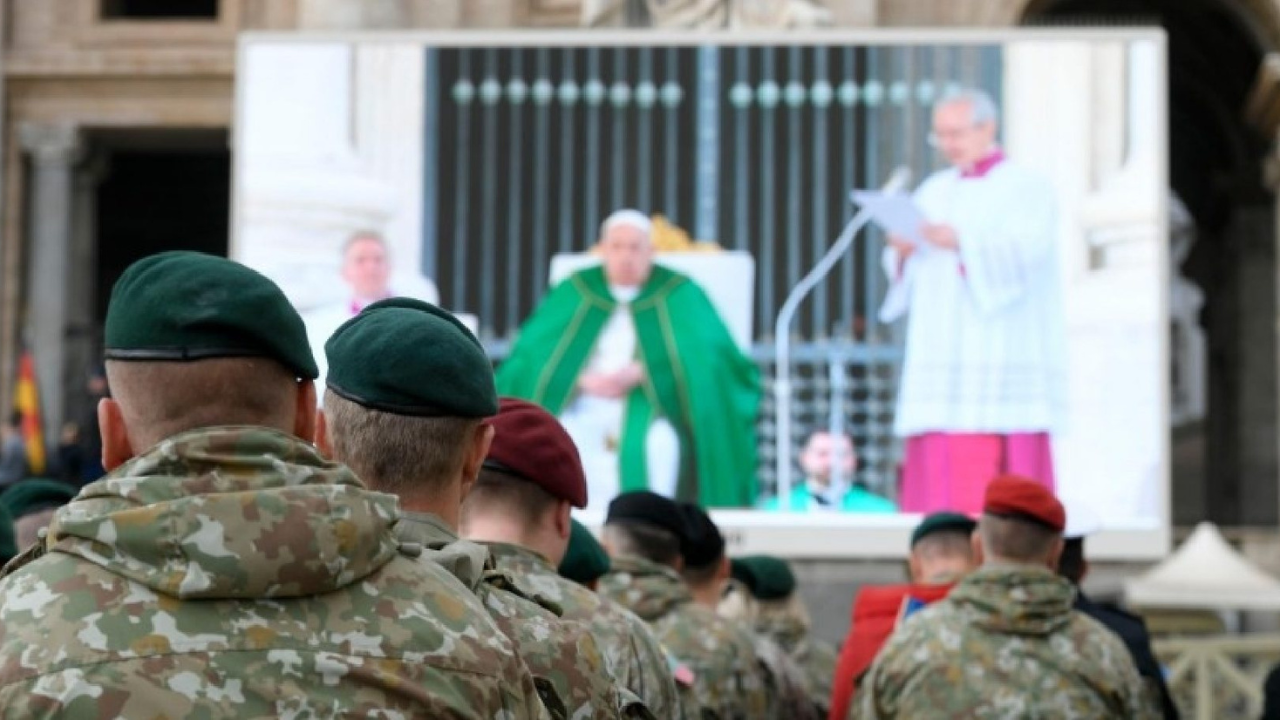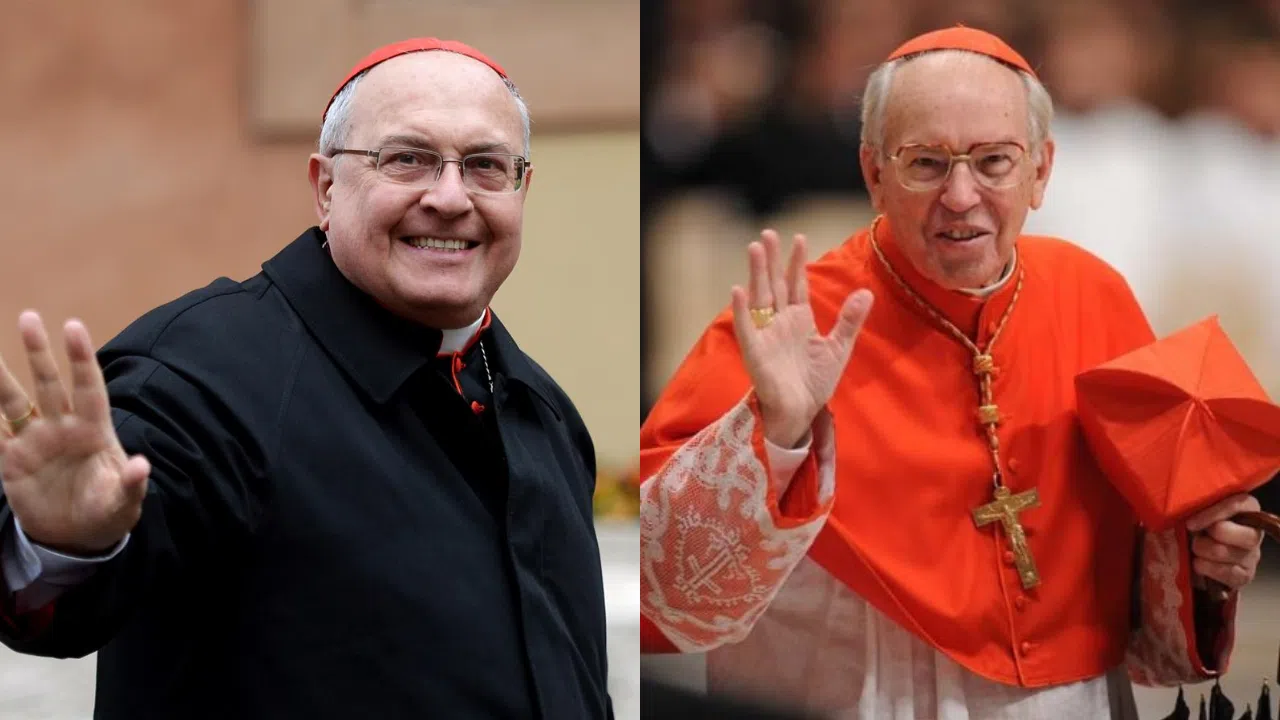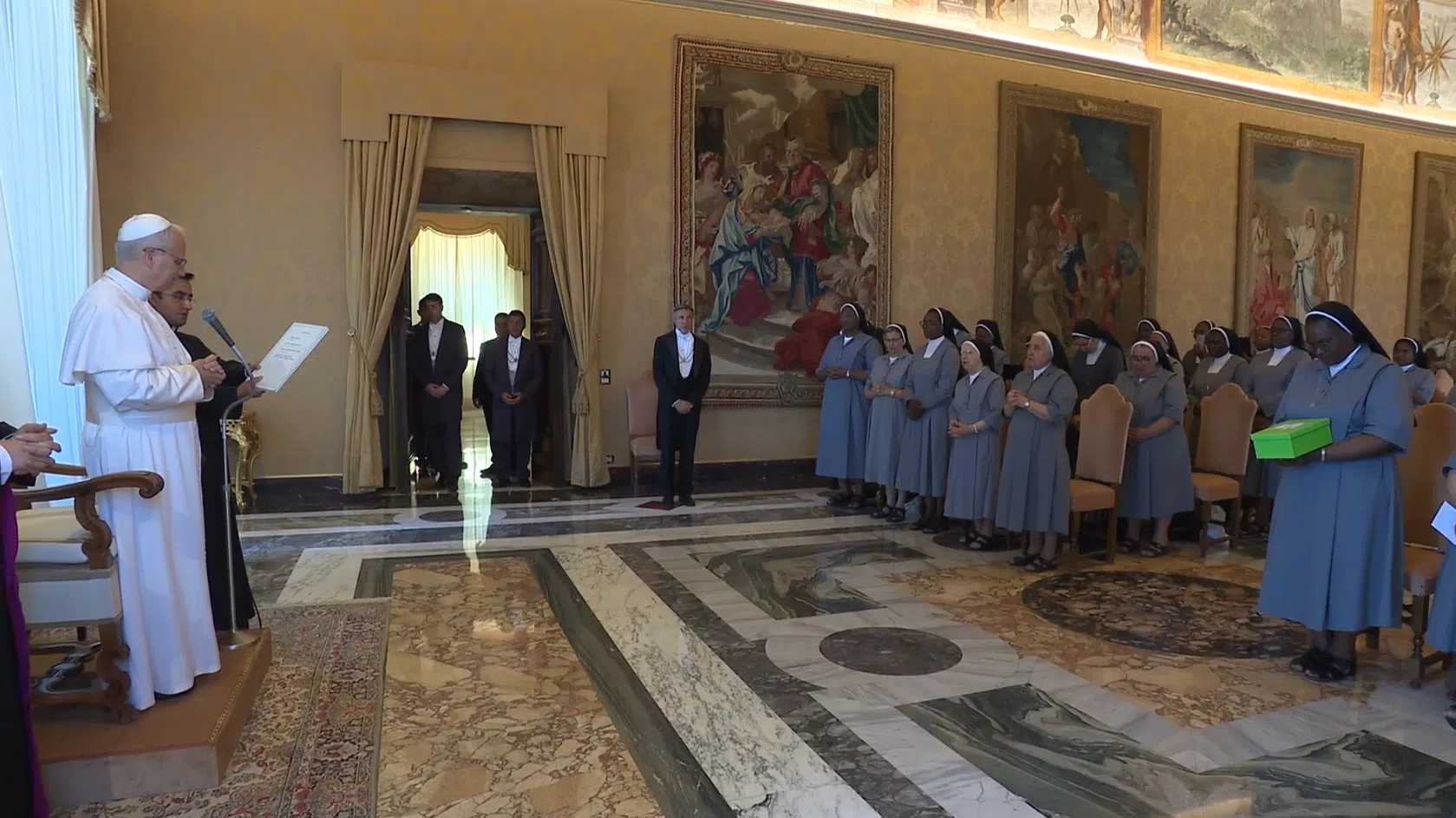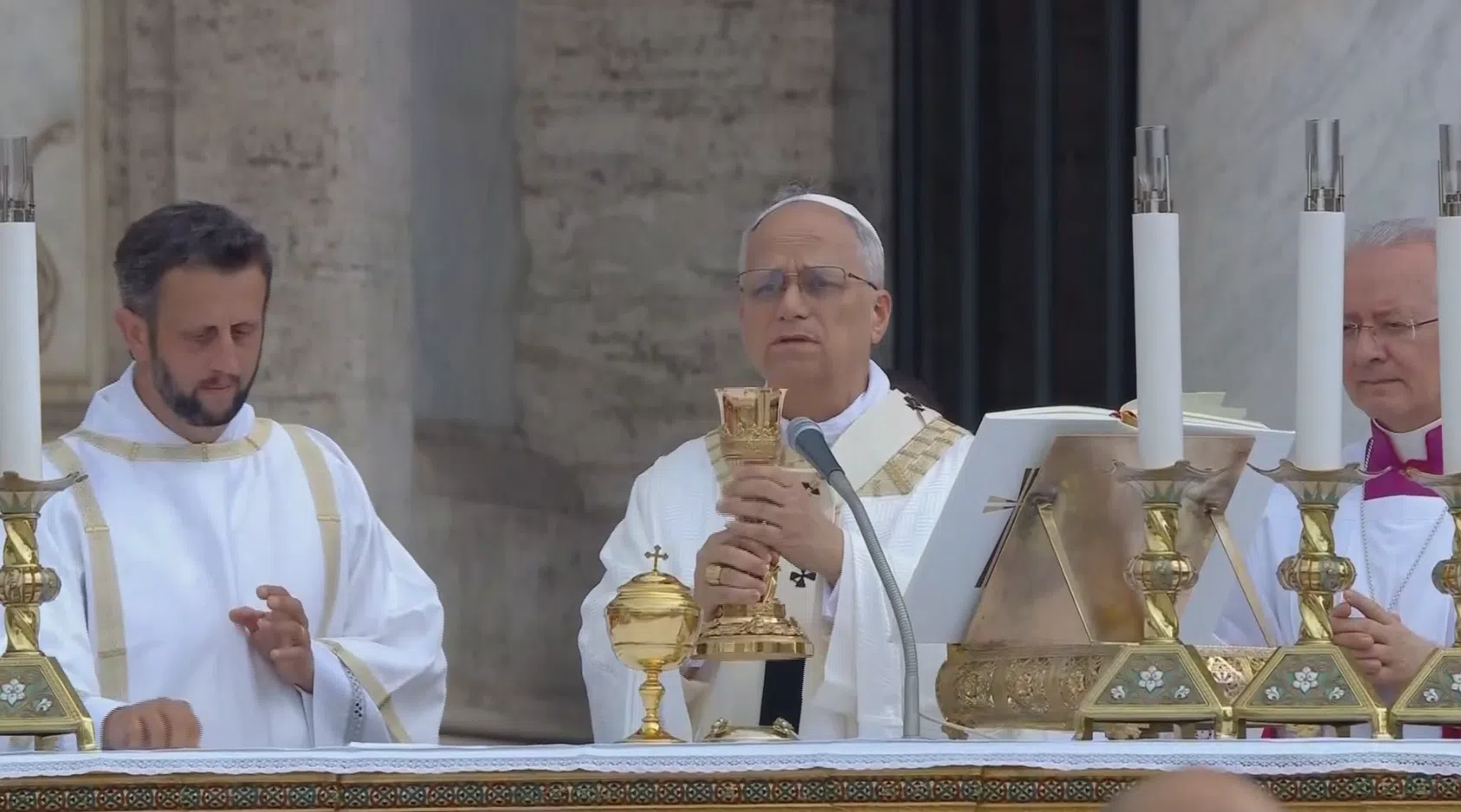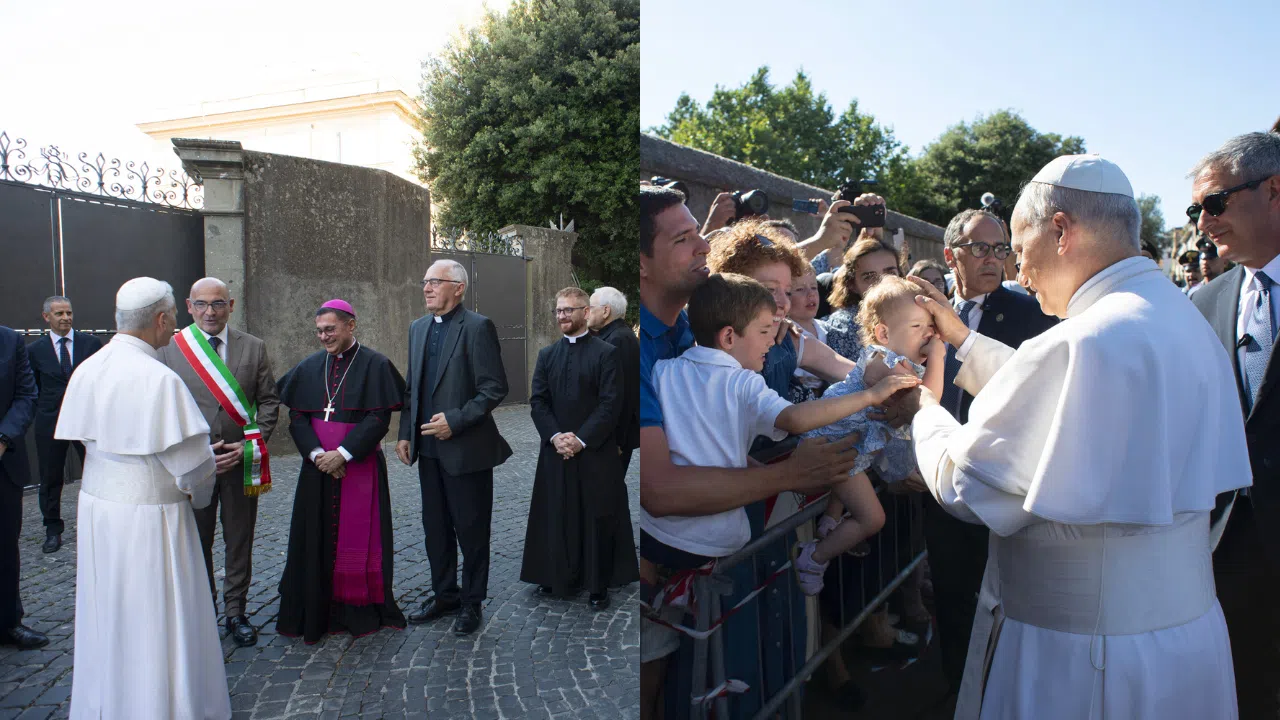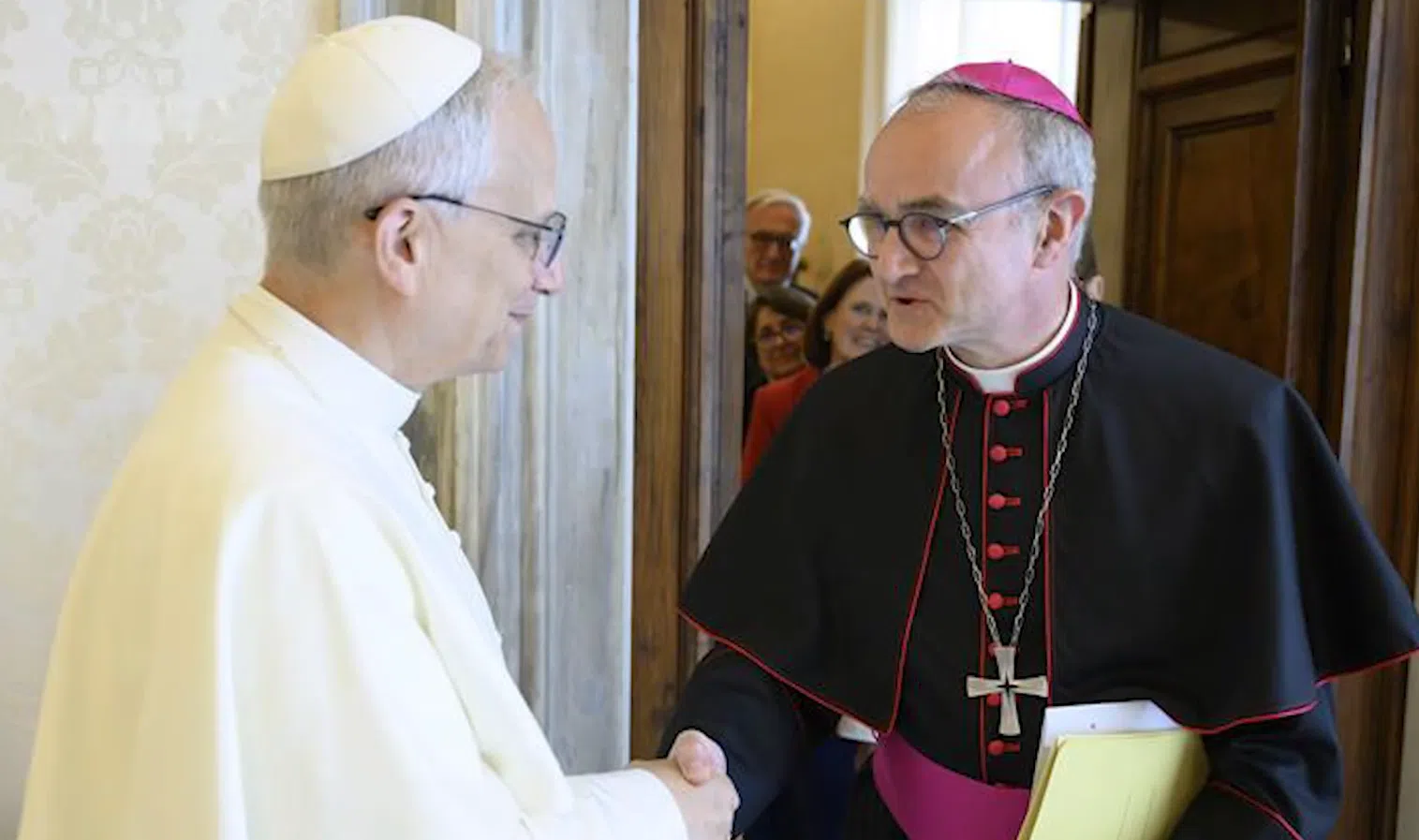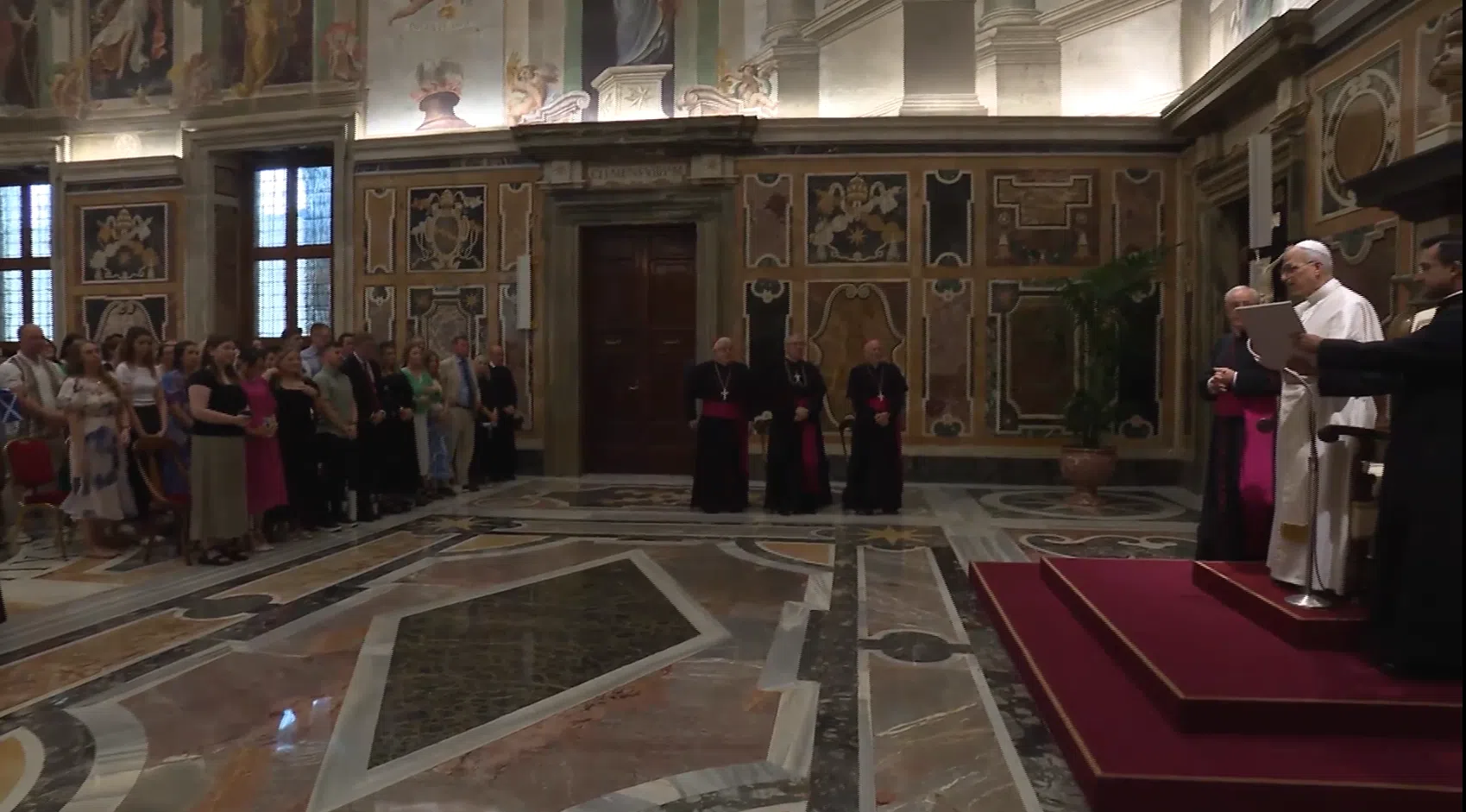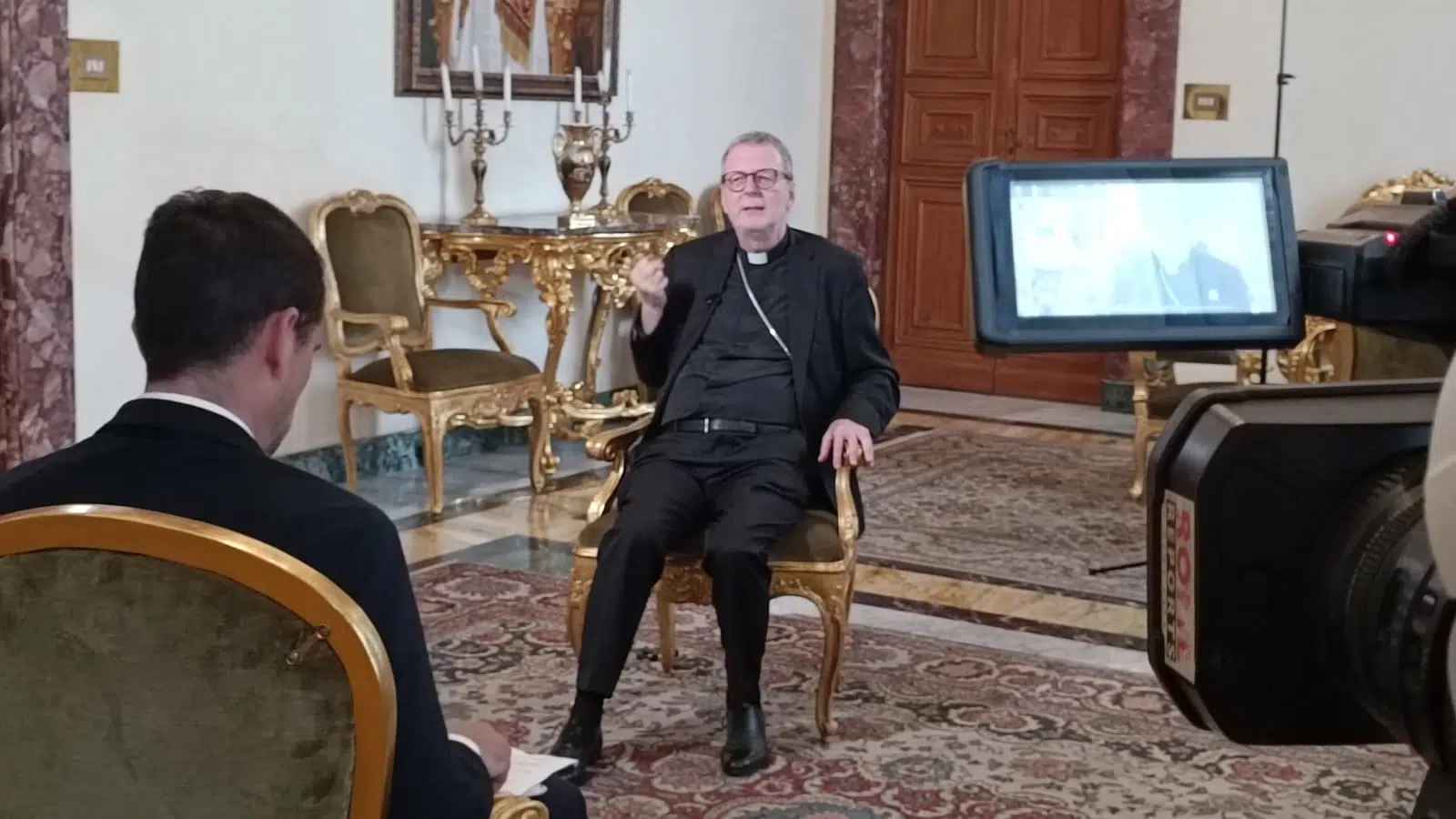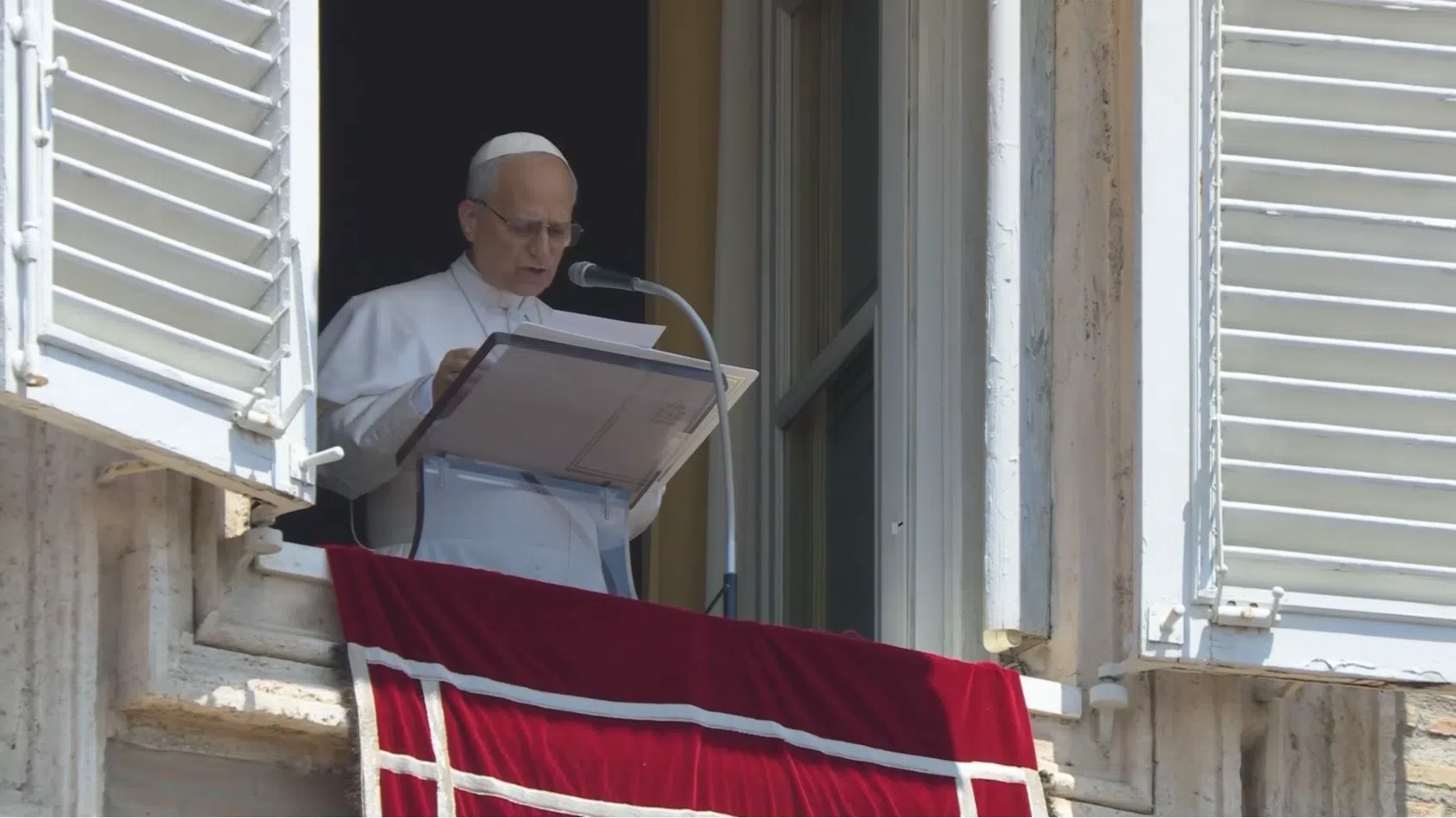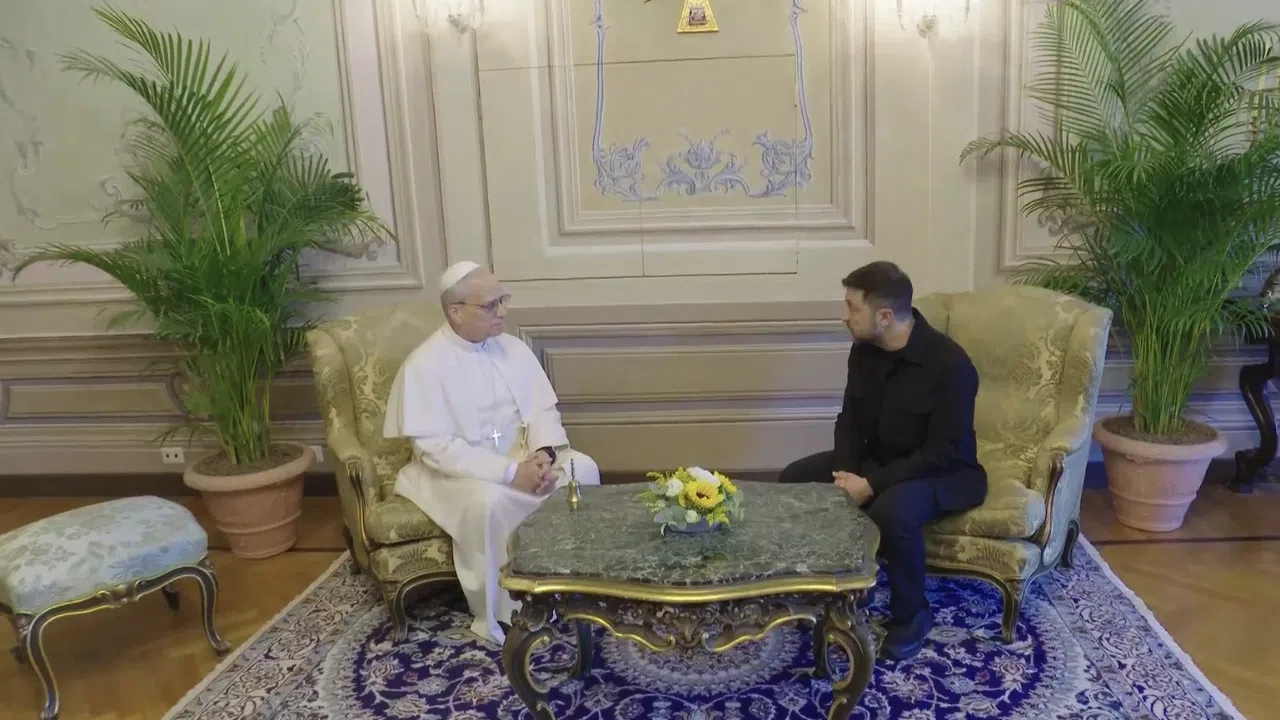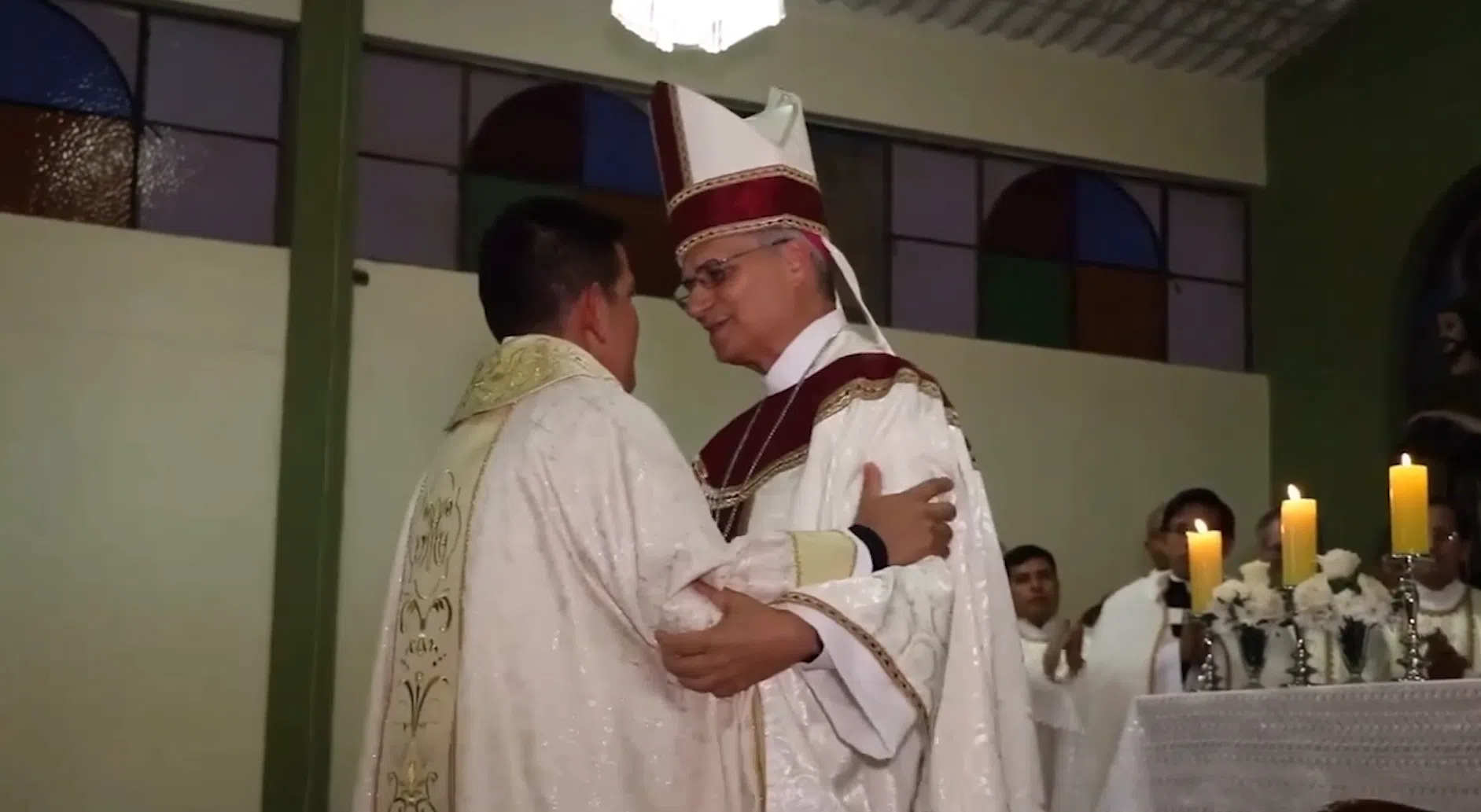The Vatican is calling on Muslims leaders to condemn the violence and persecution of minorities in Iraq, including Christians, Yezidis and other ethnic minorities.
Through a written statement, the Vatican's Pontifical Council for Inter-religiuos Dialogue calls on all religious leaders, especially Muslims to directly condemn the attacks and take a stance against jihadists and their 'unspeakable criminal acts.' Failing to do so, reads the statement, would undermine the credibility of religion, their followers and their leaders.
The statement highlights that 'no cause and no religion can justify such barbarity.' It also lists some of the crimes committed by jihadists as they try to establish an 'Islamic State.'
They include the killing of people based on their religion, including beheadings and crucifixion. Forced conversion to Islam or paying a tax for not converting. Abductions of girls and women and the occupation or destruction of places of worship.
The statement does acknowledge that the majority of religious institutions and Muslim politicians have opposed jihadists. However, their opposition, reads the statement, has not prevented further attacks.
In addition to condemning jihadists, the Vatican also calls on religious leaders to exercise their influence with their respective authorities to end these crimes and punish those who commit them. It also calls for those who were forced to flee, to be able to go back to their homes.
READ FULL DOCUMENT HERE:
'The whole world has witnessed with incredulity what is now called the 'Restoration of the Caliphate,' which had been abolished on October 29, 1923 by Kamal Ataturk, founder of modern Turkey.
Opposition to this 'restoration' by the majority of religious institutions and Muslim politicians has not prevented the 'Islamic State' jihadists from committing and continuing to commit unspeakable criminal acts.
This Pontifical Council, together with all those engaged in interreligious dialogue, followers of all religions, and all men and women of good will, can only unambiguously denounce and condemn these practices which bring shame on humanity:
-the massacre of people on the sole basis of their religious affiliation;
-the despicable practice of beheading, crucifying and hanging bodies in public places;
-the choice imposed on Christians and Yezidis between conversion to Islam, payment of a tax (jizya) or forced exile;
-the forced expulsion of tens of thousands of people, including children, elderly, pregnant women and the sick;
-the abduction of girls and women belonging to the Yezidi and Christian communities as spoils of war (sabaya);
-the imposition of the barbaric practice of infibulation;
-the destruction of places of worship and Christian and Muslim burial places;
-the forced occupation or desecration of churches and monasteries;
-the removal of crucifixes and other Christian religious symbols as well as those of other religious communities;
-the destruction of a priceless Christian religious and cultural heritage;
-indiscriminate violence aimed at terrorizing people to force them to surrender or flee.
No cause, and certainly no religion, can justify such barbarity. This constitutes an extremely serious offense to humanity and to God who is the Creator, as Pope Francis has often reminded us.
We cannot forget, however, that Christians and Muslims have lived together - it is true with ups and downs - over the centuries, building a culture of peaceful coexistence and civilization of which they are proud. Moreover, it is on this basis that, in recent years, dialogue between Christians and Muslims has continued and intensified.
The dramatic plight of Christians, Yezidis and other religious communities and ethnic minorities in Iraq requires a clear and courageous stance on the part of religious leaders, especially Muslims, as well as those engaged in interreligious dialogue and all people of good will. All must be unanimous in condemning unequivocally these crimes and in denouncing the use of religion to justify them.
If not, what credibility will religions, their followers and their leaders have? What credibility can the interreligious dialogue that we have patiently pursued over recent years have?
Religious leaders are also called to exercise their influence with the authorities to end these crimes, to punish those who commit them and to reestablish the rule of law throughout the land, ensuring the return home of those who have been displaced.
While recalling the need for an ethical management of human societies, these same religious leaders must not fail to stress that the support, funding and arming of terrorism is morally reprehensible.
That said, the Pontifical Council for Interreligious Dialogue is grateful to all those who have already raised their voices to denounce terrorism, especially that which uses religion to justify it.
Let us therefore unite our voices with that of Pope Francis: 'May the God of peace stir up in each one of us a genuine desire for dialogue and reconciliation. Violence is never defeated by violence. Violence is defeated by peace.â?
KLH
RR
VM
-BN
Up: PM
